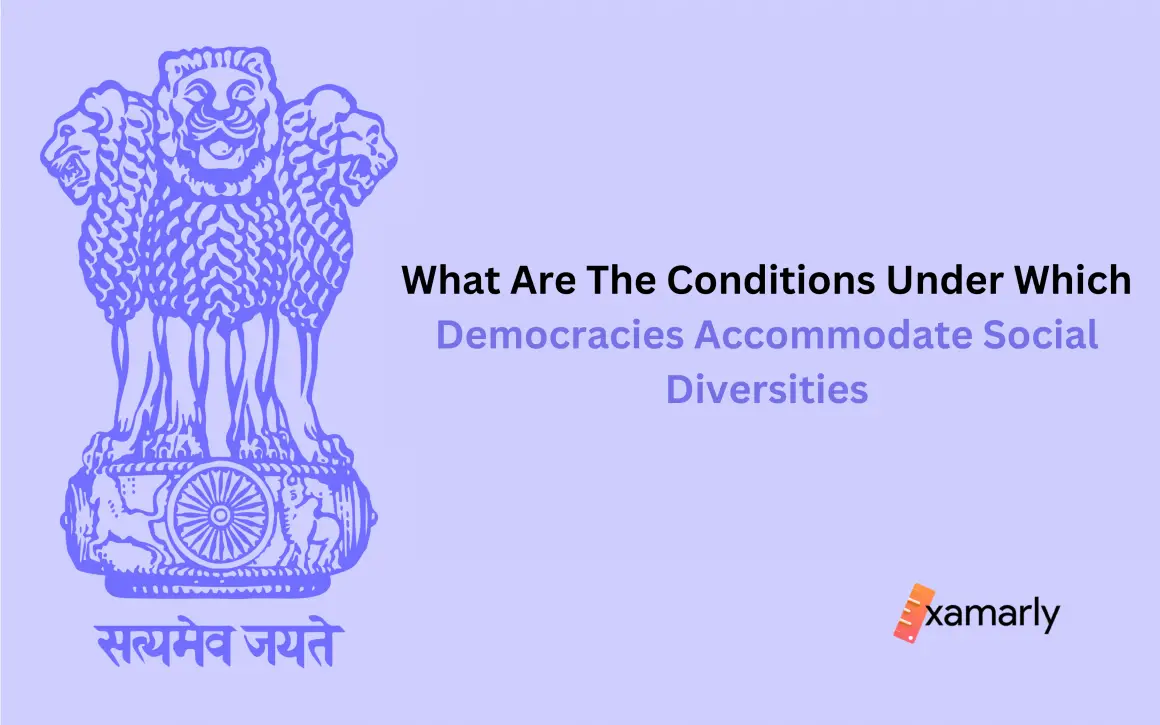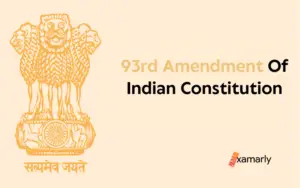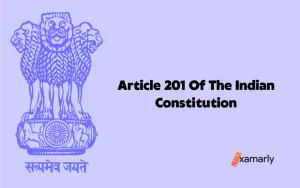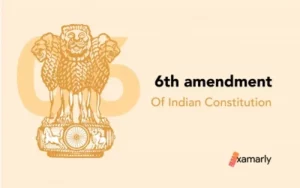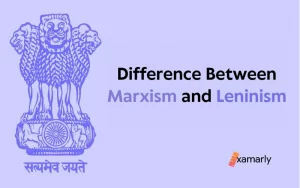An Overview
What Are the Conditions Under Which Democracies Accommodate Social Diversities? Let us discuss everything related to the question and unveil all the basics behind it.
Democracies are typically characterized by the principle of majority rule, but they also have mechanisms in place to accommodate social diversity.
This can include the protection of minority rights, representation of diverse groups in government, and inclusive policies and practices.
However, the specific conditions under which democracies effectively accommodate social diversity can vary and depend on a number of factors, including the strength of democratic institutions, the willingness of majority groups to compromise, and the level of social and economic inequality within the society.
Here are some key factors that are related to democracy that play a vital role in a socially diverse society.
- Fair representation: Democracy ensures that all voices are heard and that all members of society have a say in the decisions that affect their lives. This is particularly important in a diverse community where different groups may have different needs and concerns.
- Protecting minority rights: In a democracy, minority groups are protected by laws and institutions that ensure their rights are respected. This is important in a diverse society where minority groups may be at risk of discrimination or marginalization.
- Promoting social cohesion: Democracy encourages dialogue and compromise between different groups, promoting social cohesion and understanding. In a diverse society, this is essential for building a sense of shared identity and common purpose.
- Ensuring stability: In a diverse society, democracy provides a way for different groups to resolve conflicts peacefully and maintain stability. It ensures that no group has the power to dominate others and allows for a peaceful transition of power.
- Encourages diversity: Democracy encourages diversity by promoting equality and inclusivity. Giving equal rights and representation to all groups, it ensures that diversity is celebrated and respected.
In summary, democracy is such a form of government that it is necessary for a socially diverse society because it ensures fair representation, protects minority rights, promote social cohesion, ensures stability, and encourages diversity.
It is a system of government that can accommodate the needs and interests of all groups in society, promoting equality and inclusivity.
What are the conditions under which democracies accommodate social diversities?
If we have to look for a brief answer to this question, we can simply say that democracy is more than the rule of the majority, it allows for a wide range of social preferences and practices to coexist peacefully.
All parts of society, from the ruling elite to the marginalised, contribute to a country’s overall development and growth in a democracy.
There must also be safeguards to ensure that majority rule does not become the exclusive domain of any particular religious, racial, linguistic, etc. majority. In a democratic system, a majority can be formed by anyone or any organisation.
But let us dig deep and reflect on an elaborative answer to this question so that we can have a strong grasp of the concept.
An Elaborative Approach
All members of a society, majority or minority, have an obligation to contribute to the common good under a democracy. This means that the rights and interests of minority groups are protected, and their voices are heard and taken into consideration when making decisions.
One of the key principles of democracy is that it is not just the rule of the majority, but rather it is a system of government where all voices are heard and respected. This is essential in a diverse society where different groups may have different needs and concerns.
Rule by the majority should not, however, evolve into rule by the majority religious, racial, linguistic, etc. In a true democracy, any person or group has the potential to become a majority, and no one group should have more power or influence than others.
To ensure that the rights and interests of minority groups are protected, democratic countries often have institutions and processes in place to ensure that all voices are heard.
For example, the judiciary plays an important role in interpreting laws and protecting the rights of individuals and minority groups.
Additionally, many democratic countries have minority representation in government, such as reserved seats for underrepresented groups in parliament.
You Might Also Like – Writ Of Prohibition In India
In summary, democracies accommodate social diversities by ensuring that the rights and interests of minority groups are protected and their voices are heard.
This is essential for the progress and development of a nation, and for ensuring that rule by the majority does not become rule by the majority community.
Summing Up
In summary, democracies accommodate social diversities by ensuring that the rights and interests of minority groups are protected and their voices are heard.
This is essential for the progress and development of a nation, and for ensuring that rule by the majority does not become rule by the majority community.
Democracy is not just the rule of the majority but a system of government where all voices are heard and respected.
This is particularly important in a diverse society where different groups may have different needs and concerns, and minority groups are protected by laws and institutions that ensure their rights are respected.
The democratic system encourages dialogue and compromise between different groups, promoting social cohesion and understanding, stability, and diversity.
FAQs
What are the conditions under which democracies can accommodate social diversities?
order for democracies to effectively accommodate social diversities, several key conditions must be met. These include:
The protection of individual rights and freedoms for all citizens, regardless of their background or identity.
The inclusion of diverse perspectives and voices in government decision-making, through mechanisms such as proportional representation and minority representation.
The provision of equal access to education, healthcare, and other essential services for all citizens.
The implementation of anti-discrimination laws and policies to combat prejudice and bias.
The recognition and accommodation of cultural, linguistic and religious diversities.
The provision of equal access to political participation, including voting and running for office, for all citizens.
The protection of the rights of marginalized and minority groups, through policies and programs targeted at addressing their specific needs and concerns.
The fostering of a culture of tolerance, respect, and dialogue between different groups and communities.
Q: How can a democracy accommodate different cultural, linguistic and religious groups?
A: One way a democracy can accommodate different cultural, linguistic, and religious groups is through the recognition and protection of the rights of minority communities.
This can include measures such as official language recognition and provision of language services, the protection of religious freedom, and the provision of funding for cultural and community programs.
Another way is through the use of affirmative action policies or proportional representation systems which can ensure that minority groups are represented in government and decision-making processes.
Q: How can a democracy address discrimination and prejudice?
A: One way a democracy can address discrimination and prejudice is through the implementation of anti-discrimination laws and policies.
This can include laws prohibiting discrimination based on race, gender, sexual orientation, and other characteristics, as well as policies aimed at promoting diversity and inclusion in the workplace and in public life.
Another way is through the education system, by including education on human rights, democracy and diversity in the curriculum.
Q: How can a democracy promote social integration and cohesion?
A: One way a democracy can promote social integration and cohesion is through the provision of equal access to education, healthcare, and other essential services for all citizens.
Another way is through the fostering of a culture of tolerance, respect, and dialogue between different groups and communities, through fostering and promoting cultural exchange, community activities and events and encouraging participation in community service.
Finally, the government can also promote social integration and cohesion through policies that address the specific needs and concerns of marginalized and minority groups, through targeted programs and initiatives.


